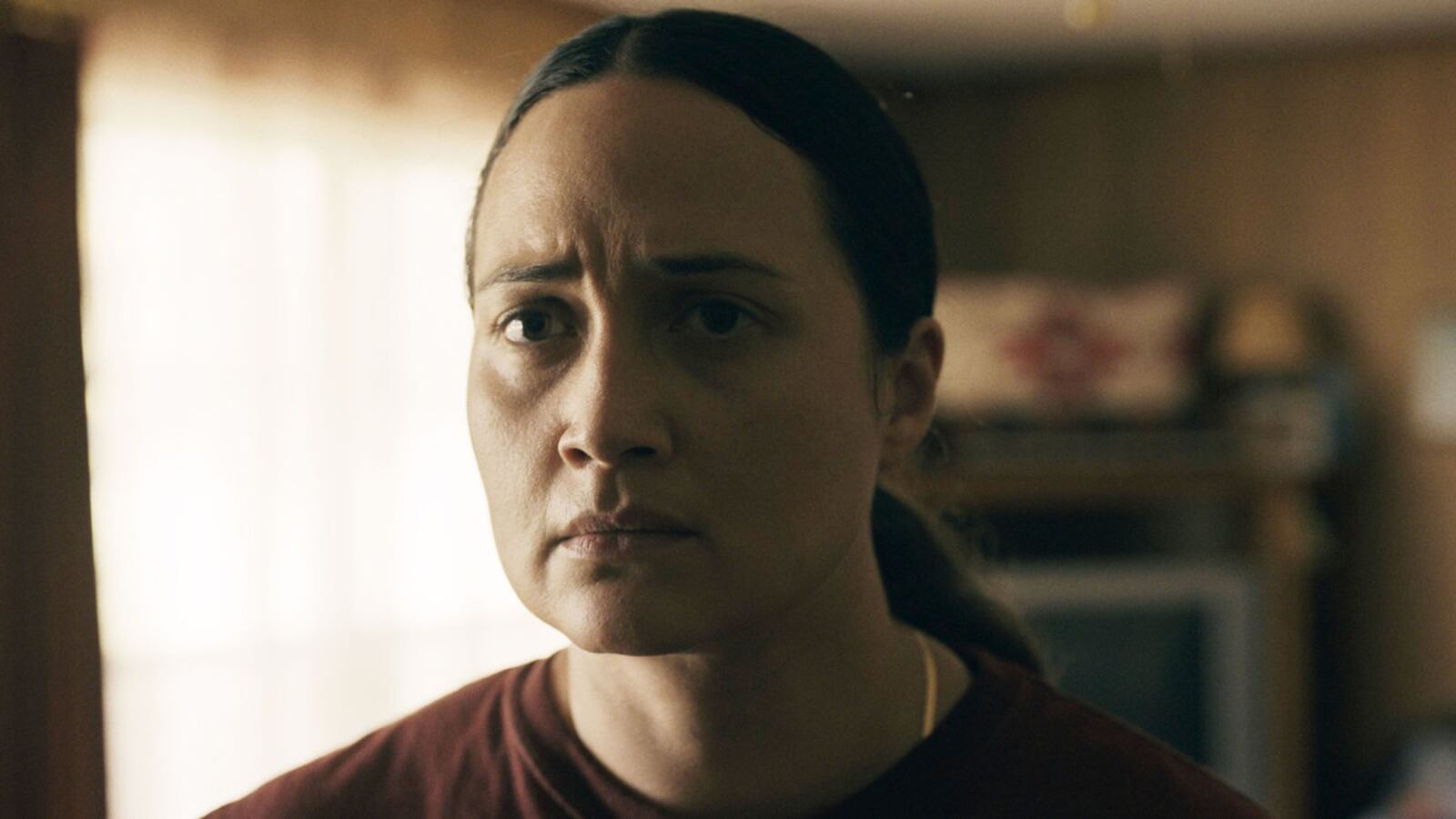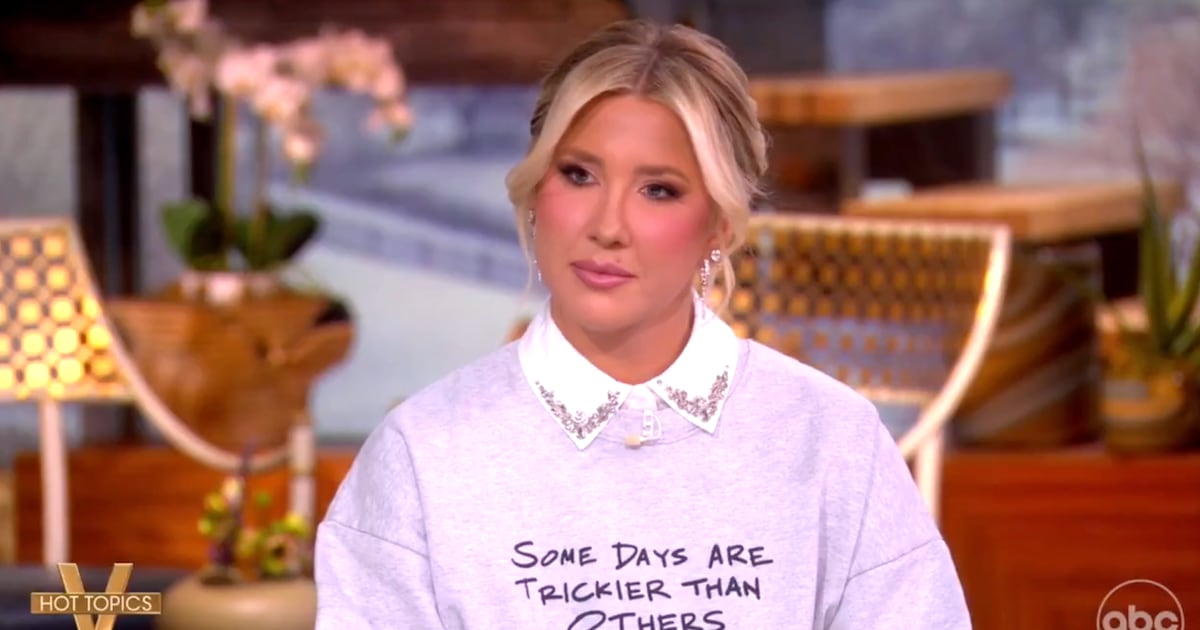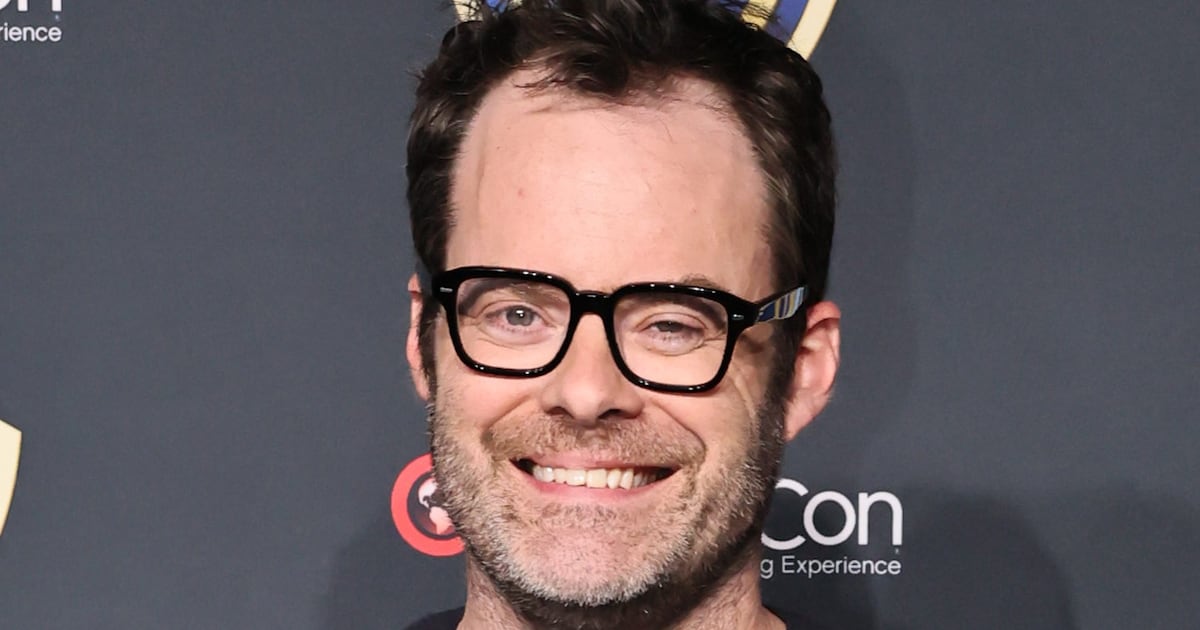Watching a diligent artist and actor finally get their due is one of the rare gratifying, non-toxic experiences that Hollywood can offer an outsider. Success is afforded to few, and too often, performers who achieve it end up wasting their talents as the years rush by. That’s why watching Lily Gladstone rack up hit after hit has been so damn enjoyable: She’s put in the work to earn it, and not one of her performances is exactly the same as the last.
Just two months after her marvelous turn in Under the Bridge, and three months after Emma Stone stole her Oscar for Killers of the Flower Moon (sorry, Stoners!), Gladstone returns with a third knockout in Erica Temblay’s debut feature Fancy Dance, which lands in theaters June 21 before streaming on Apple TV+ June 28. As Jax, an Indigenous woman caring for her niece, Roki (Isabel Deroy-Olson), after her sister Tawi goes missing, Gladstone carries the film with the same effortless stoicism she brought to her recently lauded roles. But here, she employs a necessary urgency not seen in those other two performances, one fitting for the first project in Gladstone’s recent slate that’s set in the present day.
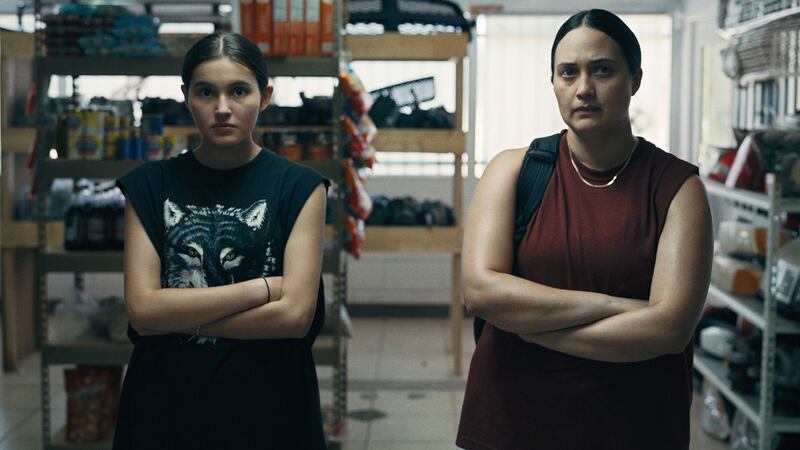
Isabel Deroy-Olson and Lily Gladstone.
Apple TV+The film is an observant meditation on the modern realities of Indigenous life, set on the Seneca-Cayuga reservation in Oklahoma, which is in disarray after Tawi’s disappearance. The gnarled roots of Jax’s family only become more contorted when the state interferes with her care of Roki, and what begins as a tense family drama unspools into a pensive road movie. While Tremblay and co-writer Miciana Alise’s screenplay is occasionally bogged down by its reluctance to engage with much levity, that’s also where Fancy Dance finds its singular point of view. Tremblay emphasizes the ephemeral beauty of specific moments, and how the light we receive from these fleeting instances of pleasure and connection can brighten the darkness that so often consumes our lives. It’s in these moments where Gladstone does her most exceptional work, and where Tremblay’s thoughtful direction commands the audience, repeatedly asserting that she’s a talent to watch.
Tremblay makes it immediately clear that she is a master of graceful exposition. In the opening scene, we watch as Jax and Roki work together to pinch a gold ring and a few pieces of tackle bait from a fisherman at a stream near the reservation, before boosting his car too. This is not just how the aunt and her niece get by in Tawi’s absence, but how they bond. Jax and Roki’s relationship is forged by Jax letting Roki do all of the things that her mother wouldn’t allow. It keeps them busy, sure, but it’s also a way for Jax to keep Roki’s mind off of her mom for a bit, at least until another search party goes out.
Jax is all that Roki has, and without her mother around, Jax is also Roki’s only connection to her culture. But that safety is threatened when Child Protective Services comes knocking, declaring that Jax is an unfit guardian for Roki because of her criminal record. The law says that Roki must live with a more appropriate guardian, in this case, her white grandfather (and Jax’s father), Frank (Shea Whigham). The brief whirlwind of family politics that follows becomes a bit perplexing as we try to immerse ourselves in these existing, prickly dynamics and parse exactly why things between Frank, Jax, and Roki are so strained. But once Tremblay navigates this brief bout of shaky storytelling, Fancy Dance finds itself back on a steady track.
Tremblay and Alise dutifully illustrate how the system is stacked against Indigenous families, even when reservation laws are in place to protect them. There’s no question that Jax has some questionable dealings, but she’s the correct guardian for Roki. She knows her and loves her niece like her own daughter, and with a whole slew of legal red tape now standing between them, Jax worries that not only will they lose Tawi, but they’ll lose each other, too.
Watching Gladstone grapple with this reality is quietly staggering. She wears Jax’s fear and grief as plainly as the clothing on her back, despite trying so hard to convince Roki that her mother will come home. Jax has been promising Roki that Tawi will turn up at the powwow they attend every year, but now that Frank has temporary legal guardianship, Jax is unable to have unsupervised visits with her niece. It’s a revelation that we see both Jax and Roki learn at an awkward family dinner, and one that Tremblay directs with absolute devastation. Jax’s resignation is as heart wrenching as Roki’s disappointment, and that’s far too much for Jax to bear. The only viable solution is for Jax to steal her niece away in the night, hit the road for the powwow, and hope that her repeated assurances that Towi will be there turn out to be true.
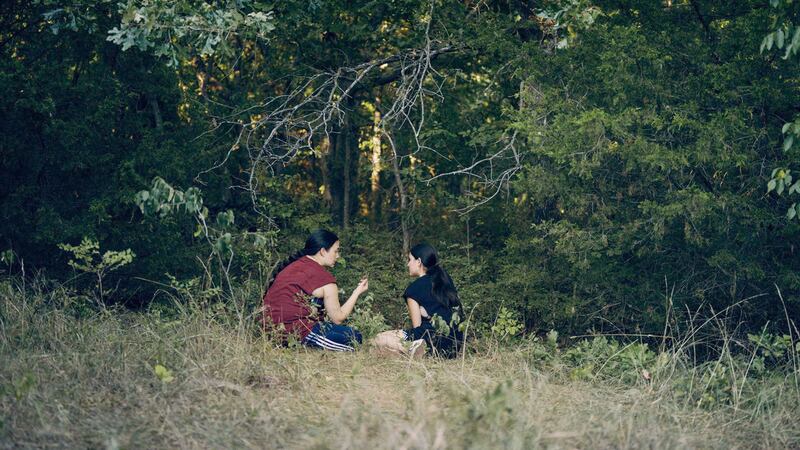
Lily Gladstone and Isabel Deroy-Olson.
Apple TV+In its second half, Fancy Dance finds a stronger, electric energy that it rides to its finish. It’s in this portion of the movie that Tremblay elegantly hops between those moments of joy, junctures where Roki and Jax can connect on a deeper level with themselves and their Indigenous backgrounds. Their lineage is at direct odds with the colonized world that they move around in, and that conflict creates a push-pull between bliss and fear that keeps Fancy Dance pulsating through the remainder of its runtime. Suspense and discomfort arise from Jax being challenged by her surroundings every step of the way. Things could go south at a moment’s notice. One scene where a Homeland Security officer questions Jax and Roki in the parking lot is a particularly uncomfortable standout, made all the more uneasy by the fact that they were buying tampons for Roki’s first period, and the bloodstain worsens as time passes.
It’s an intentionally abrasive scene, one that Tremblay directs without leering or embarrassment. Deroy-Olson (who, coincidentally, played a younger version of Gladstone’s Under the Bridge character) more than holds her own alongside Gladstone, and the two earn their moment of reprieve when the scene reaches its finish. Their relationship is the film’s splendid center, and watching how Tremblay navigates its intricacies is captivating, even if the film’s ending might not feel as lived-in as the road that Jax and Roki take to get there. Regardless, Fancy Dance’s imperfections don’t necessarily hinder the movie so much as make it more interesting. Its flaws are as subtle and real as the types of familial relationships the movie depicts, and it’s rare that a film can wear its blemishes with such deserved pride.

